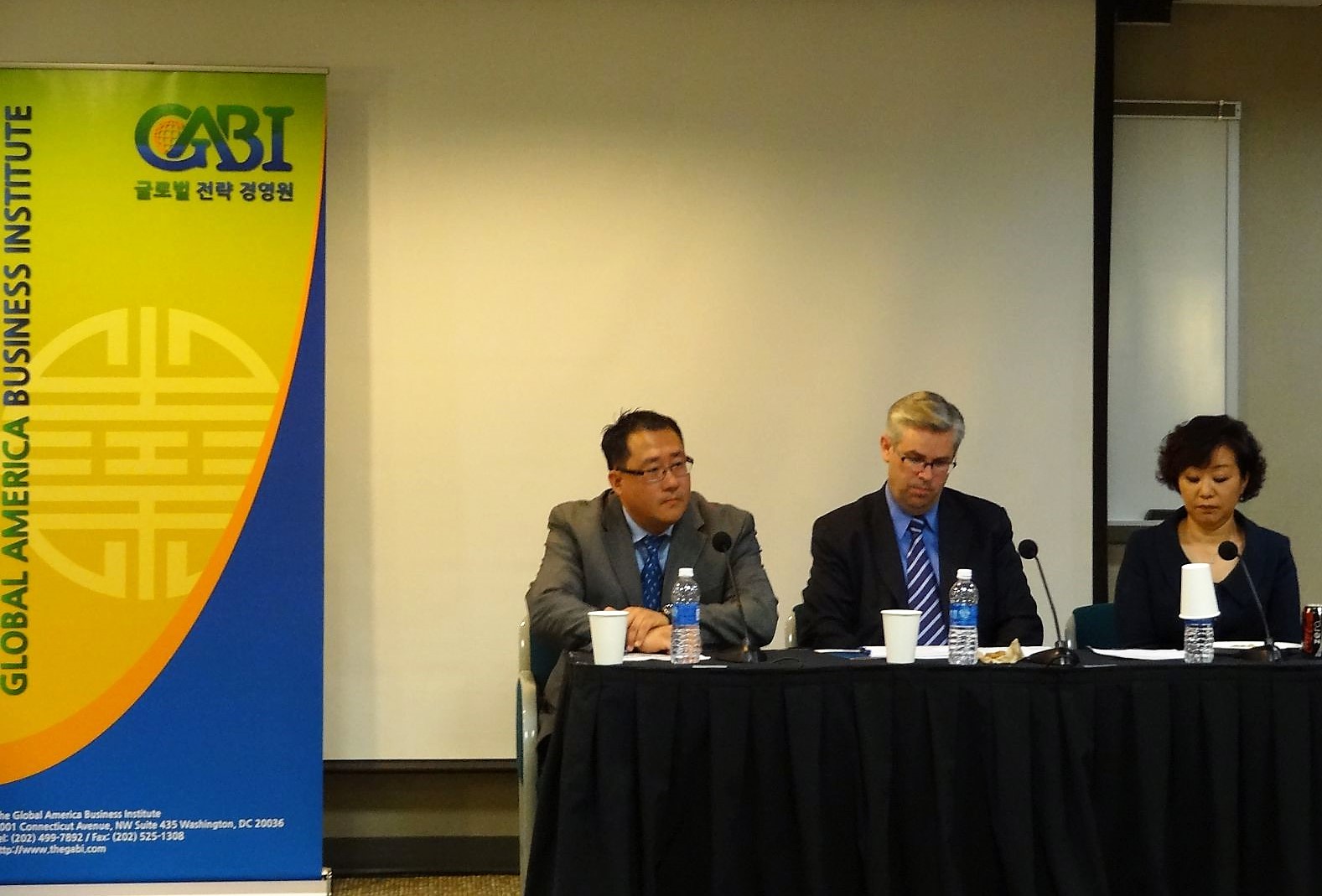In the dawn of the Park Geun-hye Administration in South Korea, the US-ROK 123 negotiations may arguably be the greatest concern for the immediate future of this important bilateral relationship. The outcome of the negotiations could potentially serve as a litmus test for the alliance—while an amicable resolution would foster the continuation of a healthy partnership, ongoing deadlock in the negotiations could lead to thorny issues of sovereignty, fairness, and respect. Issues such as Japan’s reprocessing program, political transition in Korea, and recent North Korean provocations have served only to complicate negotiations between the two countries. For the ROK, which had spent a great deal of political capital in encouraging the passage of the KORUS FTA, the 123 negotiations have largely been an uphill climb. From the Korean perspective, many American arguments against advance consent for ENR have little resonance—US calls for South Korea to abide by its denuclearization accord with North Korea appear unfair given Pyongyang’s repeated violations of the agreement, and the long timeframes involved with pyroprocessing R&D seemingly suggest that Korea seek consent sooner rather than later. Conversely, the US has reservations about granting advance consent to South Korea, given its global nonproliferation agenda, recent public sentiments in Korea, and untimely statements made by certain South Korean lawmakers. With the current impasse, the most politically convenient pathway may involve a short-term extension in order to buy time to develop a more solid, longer-term agreement. However, a temporary extension may present its own challenges, especially given the role of the US Congress in approving such a measure.

















